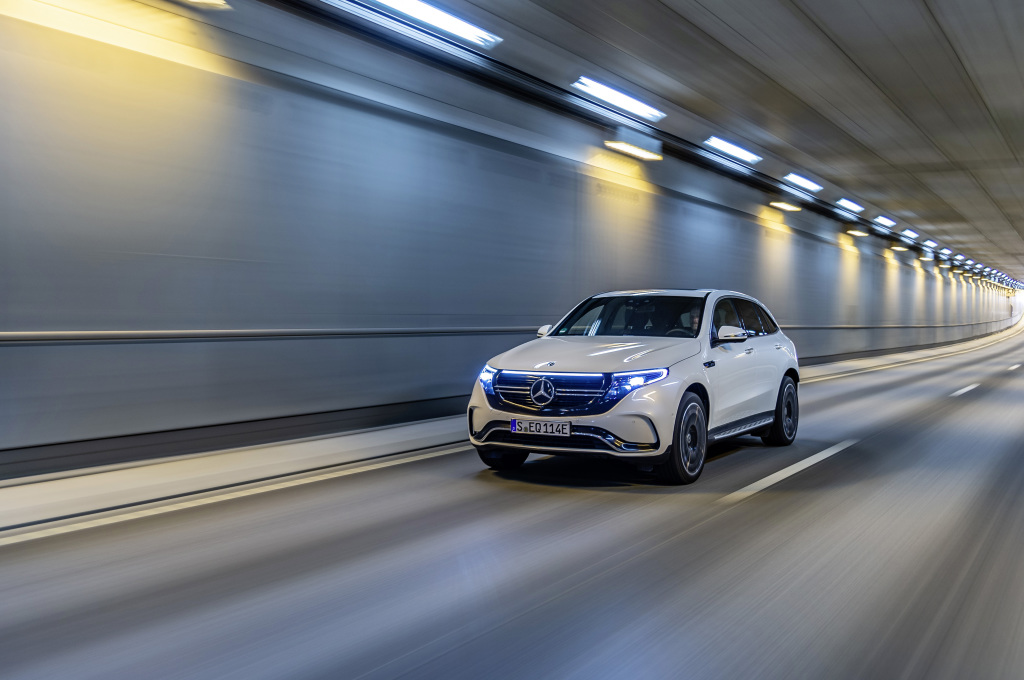In recent years, companies like Audi, Bentley, Mazda, and McLaren have been working on the development of synthetic fuels, which should, among other things, allow better combustion than current gasoline or diesel. Furthermore, as artificially produced, this type of fuel could have neutral carbon dioxide emissions during production.
However, Mercedes-Benz, one of the leading advocates of this solution, has decided to abandon this line of investigation. According to Markus Schäfer, head of research and development at the Daimler group, this type of development will not be effective in the medium term, even though its potential was cited at the time for compliance with the future anti-pollution regulations.
For Mercedes-Benz today, battery-powered electric cars are the primary strategy. Schäfer says that currently, there is no more efficient solution from an energy point of view. According to the researchers of the company, synthetic fuel development involves too much energy loss during production compared to other alternatives.
This is not the only similar measure that Mercedes-Benz has taken in recent times. The German brand recently canceled its hydrogen fuel cell program. This decision was made due to the high costs of this technology. The company said it cost twice as much to develop a hydrogen car as a battery-powered electric car. Also, the development of the fuel cells for your hydrogen trucks will be outsourced to another company.
This decision will mean the disappearance of the GLC F-Cell, the company’s only hydrogen car. In its two years of commercial career, only a few hundred units of the model have been produced because it was never for sale to the general public as it was only available through a leasing program.
Brands like McLaren bet on synthetic fuels because they consider that in a high-performance vehicle, the batteries carry too high a weight. All in all, we must not lose sight of the rapid development that the battery sector has been experiencing in recent years, with solutions such as solid electrolytes just around the corner. One might wonder if it is worth investing in synthetic fuels instead of betting on the development of more advanced batteries.

